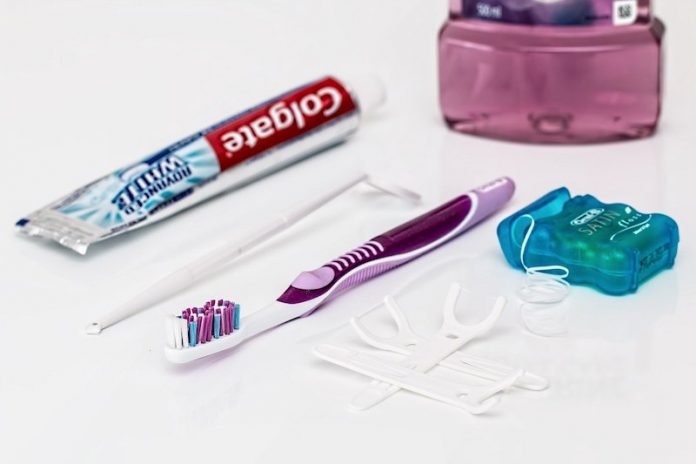
In a new study, researchers found evidence that two types of mouthwash disrupt the COVID-19 virus under laboratory conditions, preventing it from replicating in a human cell.
They found that Listerine and the prescription mouthwash Chlorhexidine disrupted the virus within seconds after being diluted to concentrations that would mimic actual use.
Further studies are needed to test real-life efficacy in humans.
The research was conducted by a team at Rutgers School of Dental Medicine.
In the study, the team used concentrations of the mouthwash and the time it would take to contact tissues to replicate conditions found in the mouth.
They found two other types of mouthwash showed promise in potentially providing some protection in preventing viral transmission: Betadine, which contains povidone iodine, and Peroxal, which contains hydrogen peroxide.
However, only Listerine and Chlorhexidine disrupted the virus with little impact on skin cells inside the mouth that provide a protective barrier against the virus.
Both Povidone iodine and Peroxal caused significant skin cell death in our studies, while both Listerine and Chlorhexidine had minimal skin cell killing at concentrations that simulated what would be found in daily use.
The team cautions the public against relying on mouthwash as a way to slow the spread until it is proven in clinical trials on humans.
The ultimate goal would be to determine whether rinsing two or three times a day with an antiseptic agent with active anti-viral activity would have the potential to reduce the ability to transmit the disease.
But this needs to be investigated in a real-world situation.
The study is published in the journal Pathogens. One author of the study is Daniel H. Fine.
Copyright © 2021 Knowridge Science Report. All rights reserved.



